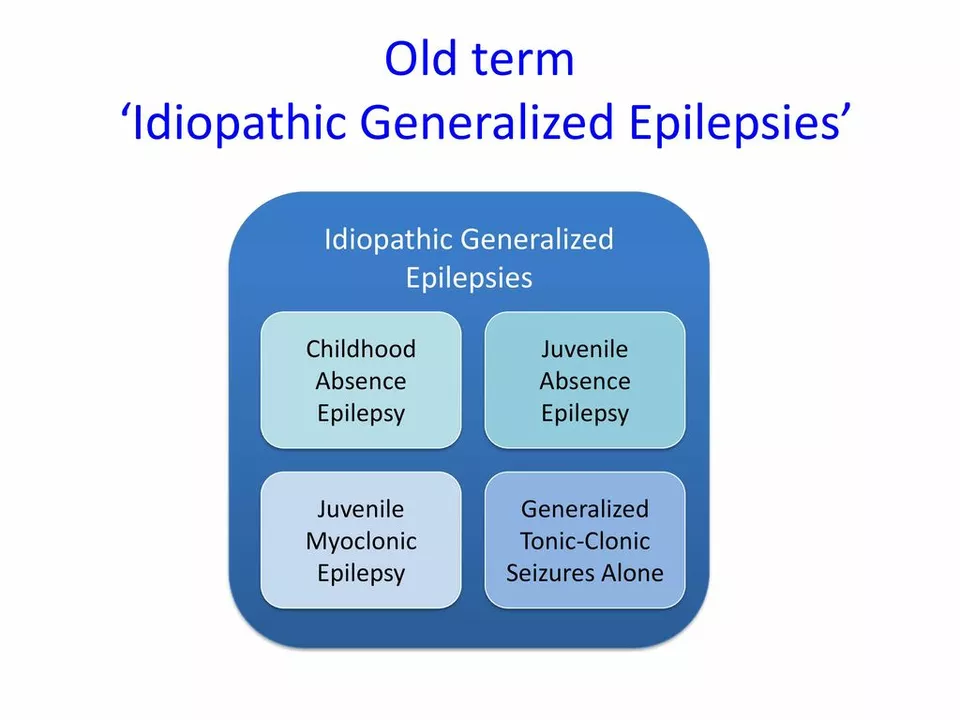Supporting Each Other: Simple Ways Patients and Caregivers Help
Research shows social support reduces hospital readmissions by up to 30%. Feeling understood and helped changes decisions, keeps medication schedules, and eases stress.
On Medstore-365.com we collect practical tips on supporting each other during illness. This tag groups articles about online pharmacy safety, treatment options, and emotional support so you can find help fast.
Small actions matter. Call a friend the day after a hospital visit. Share medication reminders. Offer to pick up groceries. Those things lower risk and make daily life manageable.
For caregivers, set simple routines. Use a pill box, set phone alarms, and write down symptoms to share with doctors. Clear notes save time and avoid missed doses or mixed messages.
When buying meds online, help each other spot red flags. Check for a physical address, verified reviews, and clear prescription policies. If a site asks for no prescription for a prescription drug, be suspicious.
Peer support groups are powerful. Joining a forum or local meetup lets people trade real tips: what side effects to expect, how to handle insurance calls, or which delivery services are reliable. Peer tips often fill gaps that official leaflets miss.
Talk about side effects honestly. If a medication causes new symptoms, document timing and severity before calling a doctor. That record helps clinicians decide whether to change dose or try an alternative.
Mental health counts. Simple listening and plain questions matter: "How are you sleeping?" "Are you eating?" Offer to sit through a virtual appointment. Presence reduces isolation and improves outcomes.
When a decision is hard, split tasks. One person gathers research, another lists questions for the clinician, and a third handles scheduling. Teamwork prevents overwhelm and keeps progress moving.
Know limits. Support looks different from medical care. Encourage professional help when needed and avoid trying risky treatments. If someone mentions self-harm or severe symptoms, contact emergency services or a crisis line immediately.
Use technology wisely. Shared calendars, medication apps, and secure messaging with a healthcare team make coordination simple. Teach less tech-savvy friends step by step.
Keep records. Save receipts, shipment tracking, and prescription labels. Those documents speed refunds, replacements, or medical reviews when something goes wrong.
Finally, celebrate small wins. A tolerated dose, a completed week of therapy, or a calm conversation about care—these matter. Noting progress keeps motivation up for everyone involved.
This tag page gathers articles that help you act, not just read. Browse guides on safe online pharmacies, medication alternatives, and practical checklists to make supporting each other easier and safer.
Quick Resources
Find targeted articles here: how to spot fake pharmacies, step-by-step guides for ordering meds safely, medication checklists, and community stories. Start with drug guides that explain side effects and alternatives. Read patient stories to learn what worked for them. Use our checklists before you buy online: verify prescriptions, read labels, track shipments, and keep doctor contacts handy. If unsure, contact a licensed pharmacist or your GP before switching medications or suppliers.
Join our forums to ask questions and find local support groups in your area.
